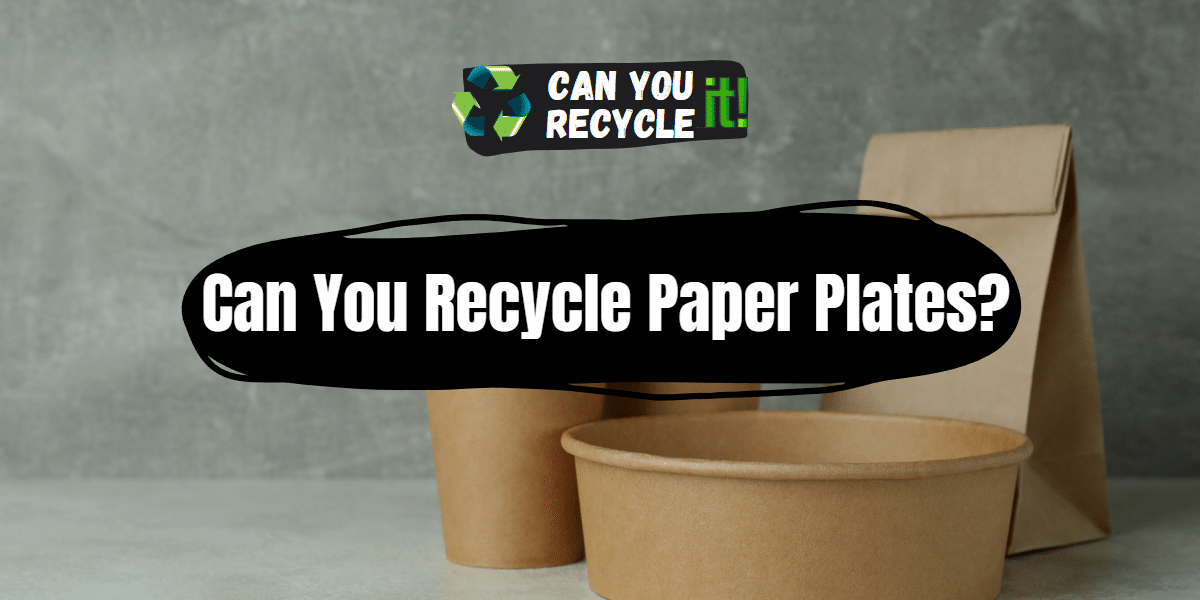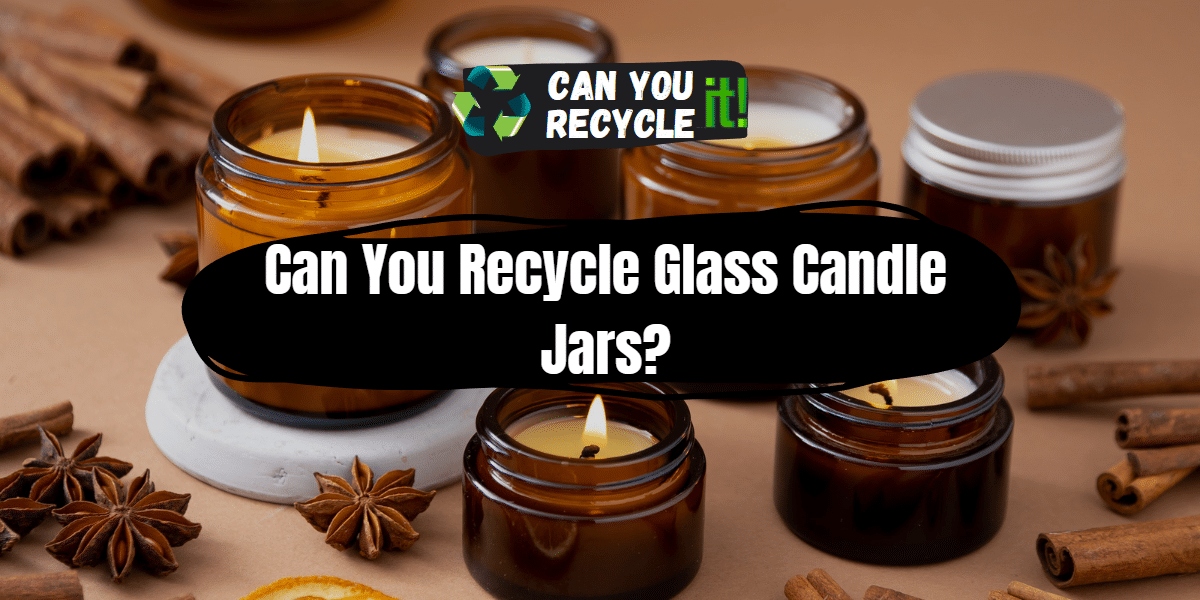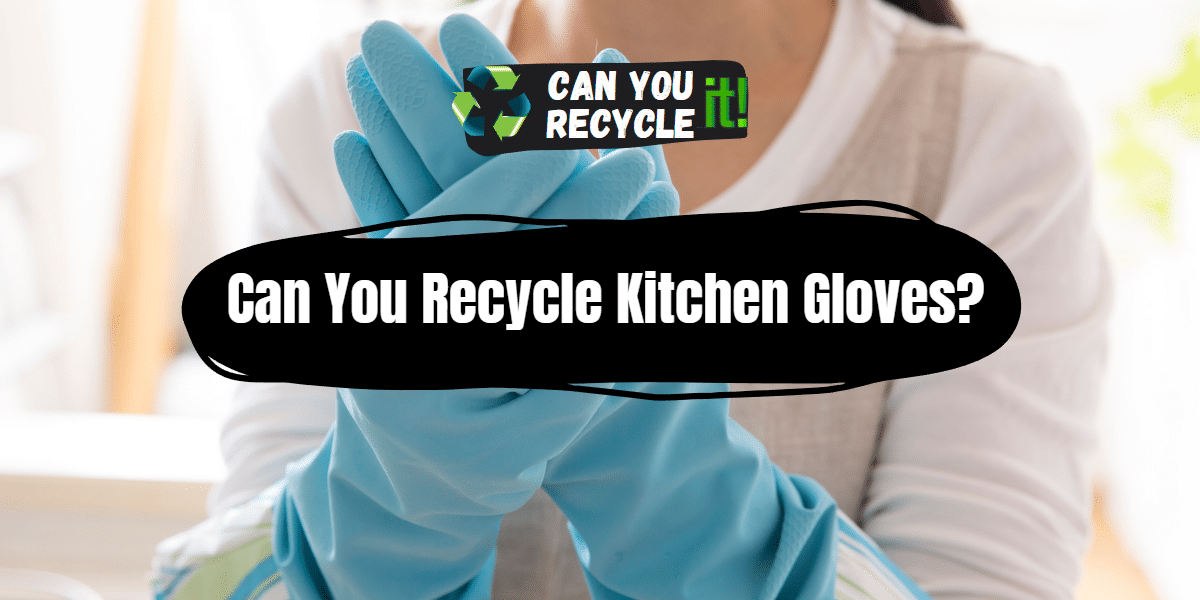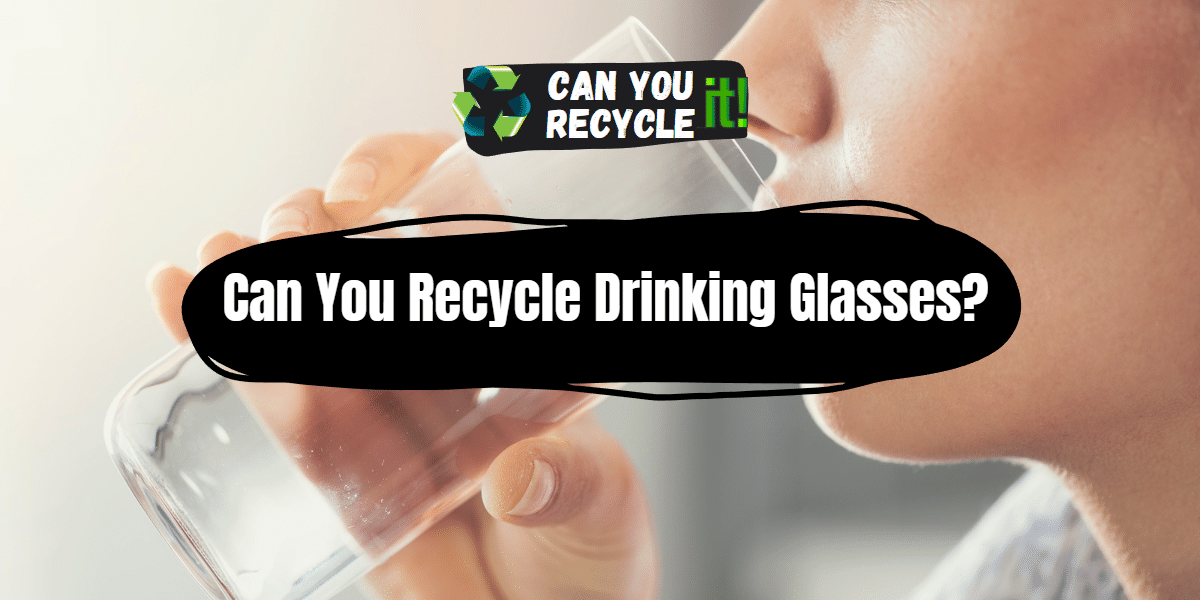Unfortunately, the answer is generally no. Most paper plates are not recyclable due to their composition.
They are often coated with a layer of polyethylene or wax, which makes them resistant to moisture but challenging to recycle. However, there are some exceptions, so it’s important to check local recycling guidelines to determine if they can be recycled in your area.
They are often coated with a layer of polyethylene or wax, which makes them resistant to moisture but challenging to recycle. However, there are some exceptions, so it’s important to check local recycling guidelines to determine if they can be recycled in your area.
Table of Contents
Do’s and Don’ts
To ensure proper recycling practices and reduce contamination, here are some dos and don’ts to keep in mind when it comes to paper plates:
Dos
- Check Local Guidelines: Research the recycling guidelines specific to your area. Some recycling programs may accept certain types of paper plates, especially if they are uncoated or made from compostable materials.
- Separate Compostable Plates: If you have compostable paper plates, separate them from other waste and dispose of them in a composting bin or facility. Composting is a sustainable way to manage organic materials.
Don’ts
- Avoid Mixing with Paper Recycling: Do not include paper plates in your regular paper recycling bin. The coating or wax lining prevents them from being processed alongside other paper products.
- Avoid Contaminating Recycling Streams: To maintain the quality of paper recycling, do not include dirty or food-soiled paper plates with your recyclables. These can contaminate the recycling process.
How to Prepare Paper Plates for Recycling
While paper plates are generally not recyclable, here are some steps you can take to prepare them for recycling if they meet specific criteria:
- Check for Recyclability: Look for paper plates that are explicitly labeled as recyclable or compostable. These plates may have specific instructions for recycling or composting.
- Clean and Dry: If the paper plates are free from food residues and contamination, you can clean them by removing debris or moisture. Please make sure they are dehydrated before attempting to recycle them.
- Separate Coating or Lining: Some paper plates have a coating or lining made of polyethylene or wax. Consider separating the coating from the paper plate before recycling it if it can be easily removed. However, this may not be possible with all types of plates.
- Follow Local Guidelines: Follow the recycling guidelines provided by your local recycling program. If they accept paper plates, they will provide instructions on how to prepare and recycle them properly.
5 Step Guide to Recycle Paper Plates
While recycling paper plates is challenging, here is a general guide you can follow if your local recycling program accepts them:
Step 1
Check Local Recycling Guidelines: Research the recycling guidelines specific to your area to determine if paper plates are accepted for recycling.
Step 2
Clean and Dry: Clean the paper plates by removing any leftover food or debris. Wipe them gently with a damp cloth if necessary. Ensure the plates are completely dry before recycling.
Step 3
Separate Coating (If Possible): If the paper plates have a removable coating or lining, carefully separate them from the paper part. Some coatings may be recyclable or compostable, so check local guidelines for proper disposal.
Step 4
Bundle or Flatten: Bundle multiple paper plates together using a rubber band or stack and flatten them to save space during transportation.
Step 5
Recycle According to Guidelines: Follow the instructions provided by your local recycling program. Place the prepared paper plates in the designated recycling bin or drop them off at a recycling center as directed.
What to Do with Paper Plates That Cannot Be Recycled
For paper plates that cannot be recycled, consider the following alternatives:
- Composting: If your paper plates are labeled as compostable, dispose of them in a composting bin or facility. Composting allows the plates to break down naturally, returning valuable nutrients to the soil.
- Reuse or Repurpose: If the paper plates are still in good condition, consider reusing them for future events or crafts. They can be used for children’s art projects or as disposable palettes for painting.
- Responsible Disposal: If recycling and composting are not options, securely tie the paper plates together and dispose of them in your regular waste bin. Make sure they are correctly sealed to prevent littering.
Environmental Impact of Recycling Paper Plates
While paper plates may not be widely recyclable, it’s essential to understand the environmental impact of recycling efforts:
- Resource Conservation: Recycling paper plates conserves valuable resources, such as trees, water, and energy. By recycling, we can reduce the need for raw materials and decrease environmental degradation associated with paper production.
- Waste Reduction: Although most paper plates cannot be recycled, practicing proper waste management, such as composting or responsible disposal, helps reduce the overall waste burden on landfills.
- Sustainable Alternatives: Consider using alternative options, such as reusable plates or compostable plates made from sustainable materials like bamboo or sugarcane bagasse. These alternatives minimize the environmental impact of disposable tableware.
FAQs for Can You Recycle Paper Plates
Can I recycle paper plates with food residues?
It is best to avoid recycling paper plates with food residues or heavy contamination. Food-soiled paper plates can contaminate the recycling process. Dispose of them in a composting bin if they are labeled as compostable, or seal them and place them in the regular waste bin.
Are all paper plates compostable?
Not all paper plates are compostable. Some paper plates have a coating or lining that prevents them from being suitable for composting. Look for plates specifically labeled as compostable and follow the instructions provided.
Can I recycle paper plates with plastic utensils attached to them?
No, paper plates with attached plastic utensils should not be recycled. These items typically cannot be separated easily, and the plastic utensils are not recyclable. Properly dispose of them in the regular waste bin.
Conclusion and final thoughts 💭
Although paper plates are a convenient choice for various occasions, their recyclability is limited due to coatings and linings. Following local recycling guidelines and exploring alternative options, such as composting or using sustainable tableware, is crucial to minimize environmental impact. By making informed choices and practicing responsible waste management, we can contribute to a more sustainable future and reduce our ecological footprint.





Leave a Reply